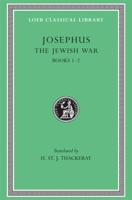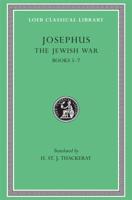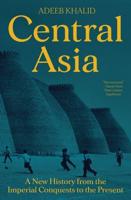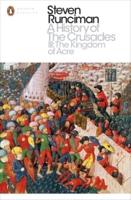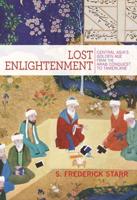Publisher's Synopsis
The essays in this volume, written by specialists on Maharashtra, reveal the intensity of intellectual and social ferment, under the shadow of Westernization, taking place in Maharashtra from mid-nineteenth to the first three decades of the twentieth century. Jayant Lele, Rajendra Vora, Uttam Bhoite and E. Fasana examine Maharashtrian Brahman and non-Brahman elites' use of political symbols and models to effect a transformation of political culture of Maharashtra. More specifically, the influence of Resorgimento, the nineteenth-century Italian nationalist movement on political ideology of Hindutva and Hindupadpadshahi is analysed in E. Fasana's seminal contribution. How George Buist as an editor of Bombay Times influenced, and later repulsed, the Mumbai elites, is the theme of Aroon Tikekar's essay. Milton Israel examines the competing Indian nationalist and parochial priorities of Bombay Chronicle, expressed through its English and Indian editors. J.V. Naik's Bhau Mahajan, both as the editor and publisher of Prabhakar in Marathi, encouraged radical social, economic and political actions to change the thought processes of his Maharashtrian readers. J. Masselos' essay describes the perception, and process of absorption of Western sciences, particularly medicine, in mid-neneteenth-century cosmopolitian Bombay. R.N. Dandekar contends that Sir R.G. Bhandarkar's historical objectivity introduced scientific study of India's past. Philip Engblom discusses how truly modern Marathi poetry was influenced by English models in the late nineteenth century. Through the letters exchanged beween three friends, I.M.P. Raeside gives an insight into a private world of a Marathi novelist, Hari Narayan Apte, whom he calls a closet reformist'. In the three letters of Govind Babaji Joshi, a profile of a stubborn nineteenth-century social reformer, who stood by his convictions to flaunt the jati rules, is bared by N.K. Wagle, Pratibha Bhattacharya contrasts the socially radical writing of the two famous Maharashtrian reformers, Agarkar and Lokahitvadi, and praises the former for his constructive criticism of society. Meera Kosambi and H. Kotani examine the conscious acceptance of Christianity by Baba Padmanji and Pundita Ramabai as an alternative intellectually and spiritually satisfying venues for social action. Ramabai's missionary zeal in the end resulted in the establishment of schools and shelters for women of Maharashtra.


